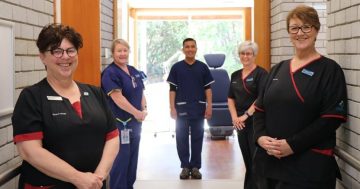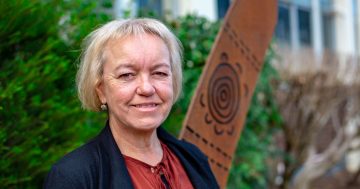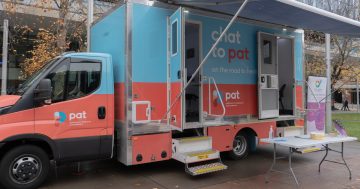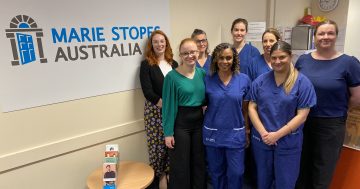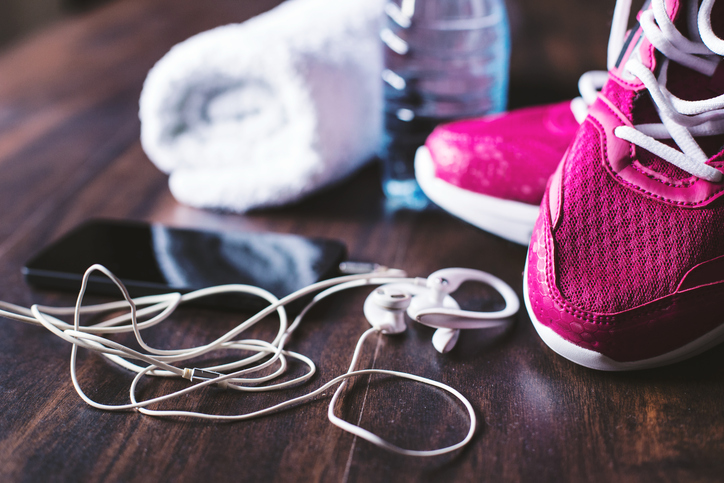
Once upon a time, if you wanted health information, you’d phone your friends, ask your mum or your cool aunty, maybe chat with your doctor or community nurse, or go to a library or community centre and pick up a pamphlet. These days, we do it all online. But what exactly does that mean?
We’ve got gazillions of apps, Facebook groups, private forums, and websites up the wazoo. Some of them are incredibly useful, helping us manage health problems or tell us what services we can use or track what our bodies are doing. And some of them… not so much.
What we do know is that 58% of women in Canberra are most likely to find health and wellbeing information on the internet, and that the internet is the most preferred source of general wellbeing information by Canberra women. Half of all women in Canberra use the internet as a source of information for minor medical conditions, and 32% go to the internet for information on serious or chronic medical conditions. However, less than 10% of Canberra women rated the health information they get from the internet as being “very trustworthy”. This data was published in our 2010 report It goes with the Territory: ACT Women’s views about Health and Wellbeing Information.
As one of the participants in our research said, “The internet is an excellent source of reliable information – it is also the source of a lot of utter rubbish. Its usefulness depends on how it’s used.”
Maybe you’ve had a great experience using fitness tracking apps, or maybe you use them differently to the way men use the same app. Maybe there’s a website that gave you crucially important information at a time you needed it, or maybe you trusted advice you found on a website only to have the problem get worse.
The Women’s Centre for Health Matters is working with researchers at the University of Canberra to better understand how we use digital technologies for health and medical issues. Knowing what we’re using, and why, will help us better understand where the gaps are, and how to best get information out to women who are looking for it.
To do this, the Women’s Centre is hosting discussion groups from March to June 2017 for women in the following groups:
- 18-25 year old women
- Women with babies and young children under 5 years
- Women with chronic health conditions
- Women with mental health conditions
- Women who have or have had cancer
- Women aged 65 or over
- Women from culturally and linguistically diverse backgrounds
- Women with a disability
The findings from the research will be published as a report that will be available to participants when the project concludes later in 2017, through the Women’s Centre for Health Matters. We’ll be sure to come back here and share what we learn with you!
Emma Davidson is the Deputy CEO at Women’s Centre for Health Matters in Canberra.















